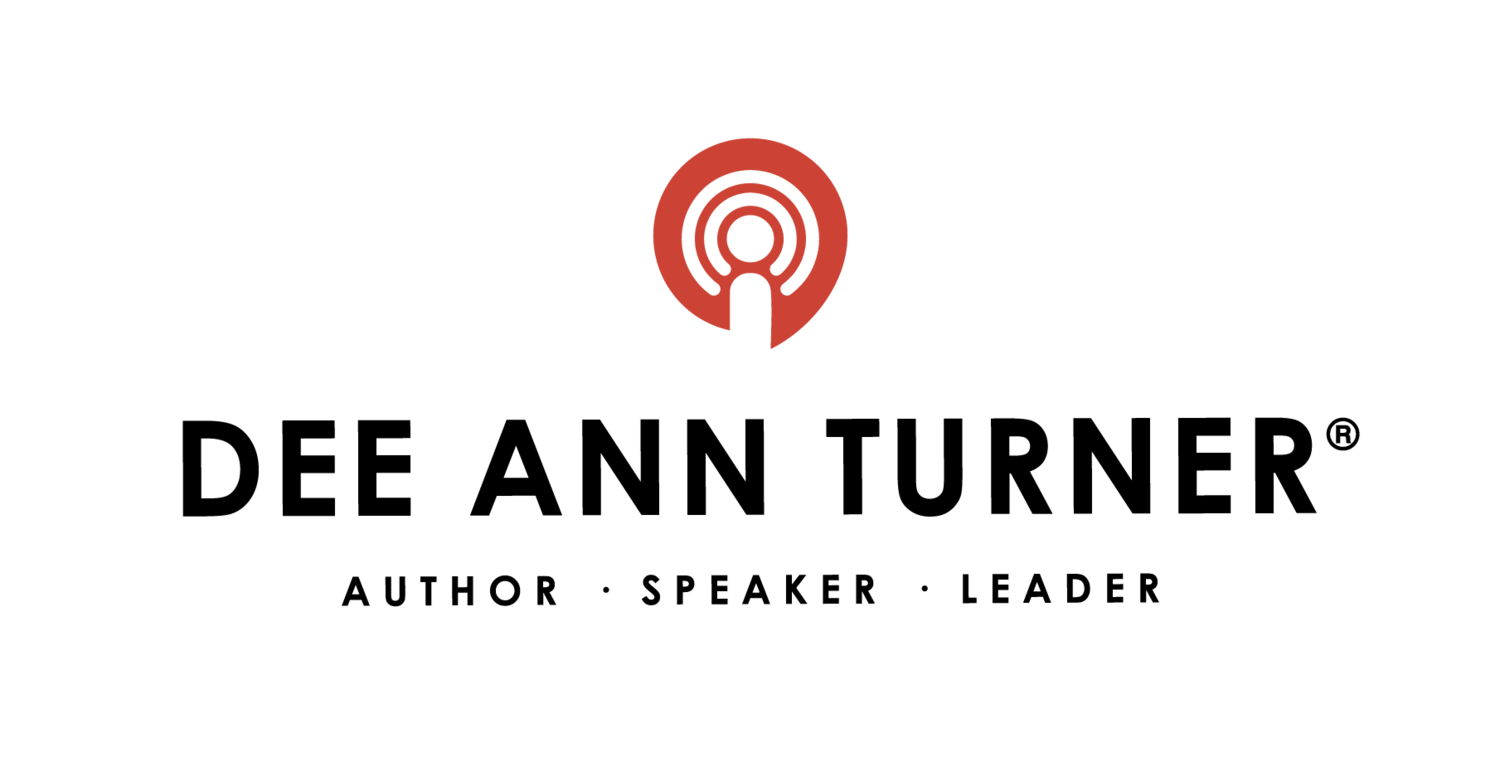Writing a Resume that Gets Results
Preparing your resume and preparing to interview for a job is really about telling your story. A resume provides the highlights of your experiences, skills, education and interest in hopes of securing an interview so that you can tell your story in-depth.
There are numerous resources to help you build a resume. Resume writing services, online sites, eCourses and webinars can help you put together an outstanding resume. While there is nothing wrong with using those services, often times an employer would prefer to see a resume that is not professionally over prepared and instead something that is a personal representation of the candidate. With a good template to follow, you can create a resume that will be adequate in communicating your qualifications and appealing to the recruiter who receives it.
There are a few principles I recommend that you follow regardless of the structure or template of your resume. The principles are far more important to an employer than the design of the document.
First, be sure everything on your resume is truthful. Don’t misrepresent anything from experience, skills to GPA. If a falsehood is identified before you are selected, it is likely to end your candidacy. If an untruth is identified after you are selected, it is likely to end your employment. Don’t embellish or exaggerate, but instead allow your resume to stand on your actual merits.
Second, Keep it simple. Your resume is either going to be electronically scanned or quickly reviewed in few seconds. Be sure that the reader can quickly identify your qualifications for the role you are seeking. Mostly likely, the recruiter wants to immediately and easily find your job experience or education, your skill set and what type of role you are seeking.
Next, make sure your resume is relevant to the job you are seeking. You may need several versions if you are applying for different types of roles. Don’t use the same resume for every employer. It will be apparent if you did a mass mailing of a generic resume. They want to know that you are specifically interested in working for them in a particular role. I am not suggesting you have a different resume for every role, but the objective might change on your resume and you can address a specific role in a good cover letter.
Last, make sure it is correct and error free. For the most competitive situation, a typo on the resume could result in no further consideration of you as a candidate. Constantly update your resume to reflect your most current experience.
The resume is just one part of the overall story of putting together a compelling candidacy, but it is often the most critical part to being invited to an interview.
If you would like to learn more tips about how to find a job, keep a job and grow your career, order my brand new book:
Crush Your Career: Ace the Interview, Land the Job and Launch Your Future
Follow me on Social Media: Facebook | Instagram | LinkedIn | Twitter
By Dee Ann Turner


